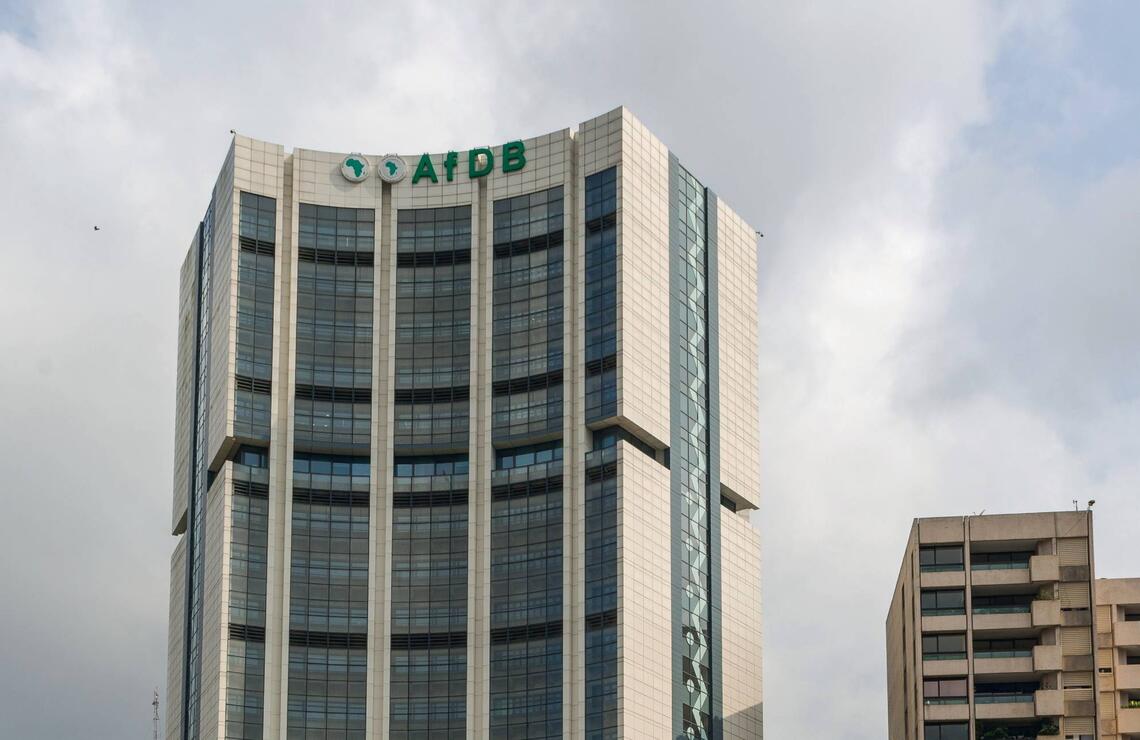
AfDB
In search of a new leadership
The African Development Bank is set to elect its new president in Abidjan on 29 May, against a backdrop of global macroeconomic turmoil and demands to better address the challenges facing the continent. Former Mauritanian minister Sidi Ould Tah is running as the candidate of reason and change.
After ten years at the helm of the African Development Bank, Nigeria's Akinwumi Adesina will hand over the reins when, on 29 May, the bank's Board of Governors elects his successor in Abidjan. There are five candidates in the running: the bank's former vice-president, South Africa's Bajabulile Swazi Tshabalala, Chad's Abbas Mahamat Tolli (former governor of the Bank of Central African States – BEAC), Senegal's Amadou Hott (former minister and former AfDB special envoy to the Alliance for Green Infrastructure in Africa), Samuel Munzele Maimbo of Zambia (former senior official at the World Bank) and, lastly, Sidi Ould Tah of Mauritania, who headed the Arab Bank for Economic Development in Africa (BADEA) for ten years (2015-2025). These elections are taking place in a tense climate. The United States is the AfDB's largest non-African shareholder, with 6.35% of the shares and 6.5% of the voting rights. And the Trump administration is reviewing the US's involvement in all multilateral organisations accused of not being sufficiently aligned with Washington's interests or of promoting a ‘left-wing’ agenda, including climate change, renewable energy and dependence on China.
In this international context, there is also a need to respond more effectively to the continent's challenges: infrastructure, energy transition, food security, youth employment, debt, not to mention the impacts of exogenous shocks (Covid, war in Ukraine, etc.). Africa's financing needs are estimated at $400 billion per year, partly provided by various multilateral development banks. The AfDB granted more than $10 billion in loans in 2024, nearly half of which was for projects related to climate resilience and energy transition. In June, the Bank's Board of Governors approved a capital increase of $117 billion to reach $200 billion. It is the only African financial institution to be given a Triple A rating by the rating agencies (Moody's, Standard & Poor's, Fitch Ratings). However, observers believe that the issues of the bank's efficiency, speed and flexibility are now just as pressing as those of its capital. And some shareholders would like to see a more change-oriented and adaptable president elected.
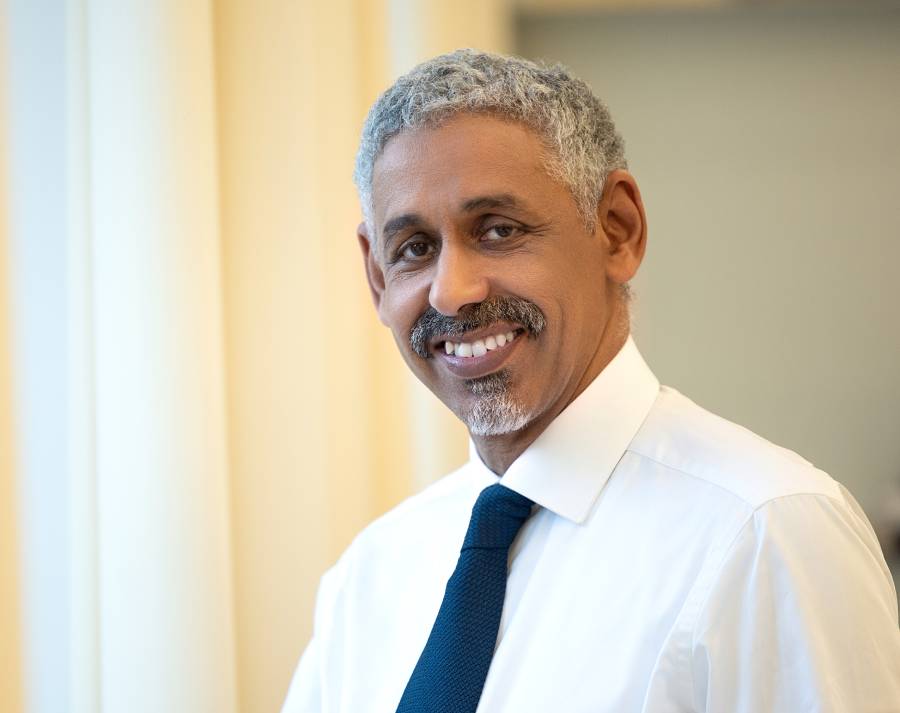
The latest candidate to throw his hat into the ring, 60-year-old Mauritanian Sidi Ould Tah could fit the bill. Having previously represented his
Sidi Ould Tah. ©y at the World Bank and the Arab Fund for Economic and Social Development (AFESD), he went on to serve as Mauritania's Minister of Economy and Finance from 2008 to 2015. More significantly, from 2015 to 2025, he chaired the Arab Bank for Economic Development in Africa (BADEA). Under his leadership, the institution increased its financing tenfold, establishing itself as a key player in the African financial landscape, particularly in supporting microenterprises and SMEs and in infrastructure development, especially in landlocked countries. Above all, he is an experienced practitioner in the Gulf countries' financial circles, whose investments in sub-Saharan Africa have exceeded $100 billion since 2012. In the current context, the United Arab Emirates, Saudi Arabia and Qatar are likely to provide the additional financing that the continent needs. However, as one observer points out, this is conditional on ‘correcting negative preconceptions about the continent's stability’.
COORDINATING MDB ACTION
Over the past few months, the Mauritanian candidate has received support from President Alassane Ouattara and Côte d'Ivoire, which is not only home to the AfDB headquarters but also a regional powerhouse within ECOWAS that holds 4% of the AfDB's voting rights. Highly influential Tanzanian Frannie Leautier, former chief of staff to the president and vice-president of the World Bank and former vice-president of the AfDB, has pledged her ‘full support’ to the candidate, describing him as “a man of few words but concrete actions”. “Ould Tah is someone who knows the MDB system well, understands African issues and can negotiate at the international level,” she wrote in an opinion piece published by Jeune Afrique in February.
Sidi Ould Tah entered the presidential race in January, a year after the first candidate, Chadian banker Abbas Mahamat Tolli, who is supported by the Central African Economic and Monetary Community (CEMAC), declared himself a candidate. Ould Tah has never worked at the AfDB, which could give him an advantage with shareholders as a candidate for change. This is particularly relevant in relation to former Senegalese minister Amadou Hott and Bajabulile Swazi Tshabalala, former vice-president of the AfDB. Swazi Tshabalala is the only woman in the running and enjoys the active support of her president, Cyril Ramaphosa. Her election would be a first. However, she's running against another southern African (SADC zone) candidate, Samuel Munzele Maimbo of Zambia, who has had a long career at the World Bank in Washington.
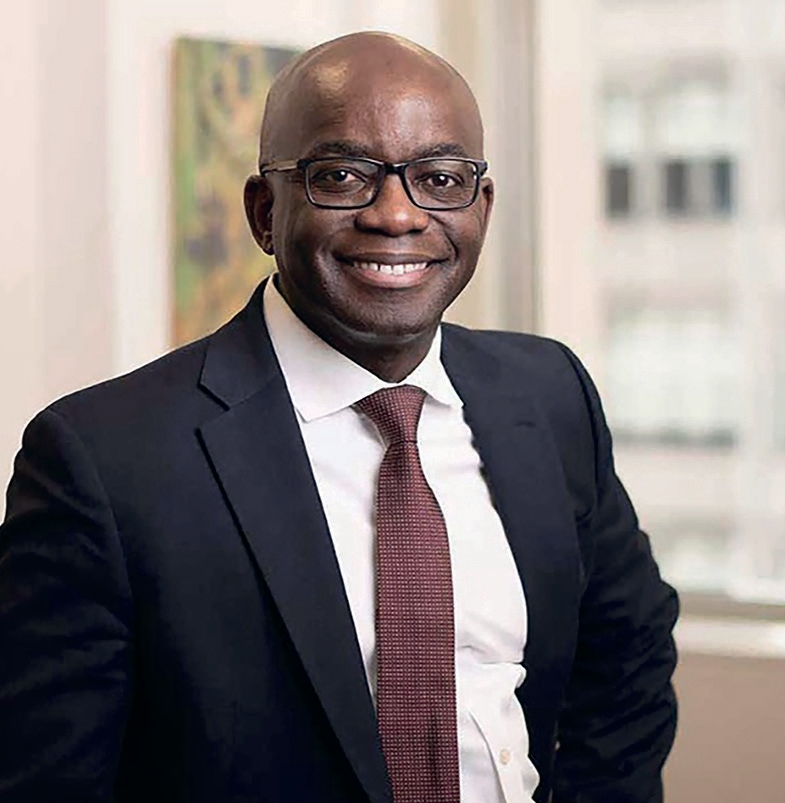
|
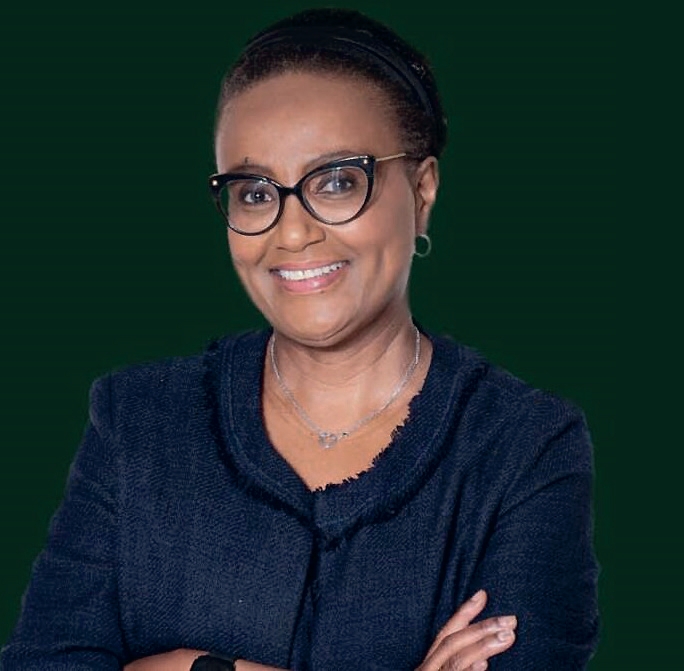
|
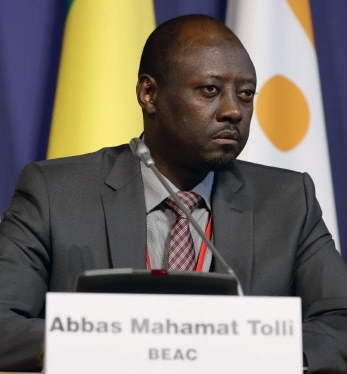
|
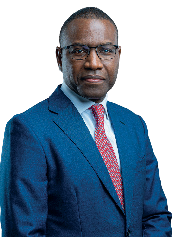
|
When we met with him in Paris in mid-April, Sidi Ould Tah told Afrique Magazine that if he is elected on 29 May, he will give himself “100 days of reflection and consultation” at headquarters in order to listen to “all stakeholders” : banks, insurers, businesses, as well as think tanks, civil society and the media. “The AfDB has a central role to play, but everyone is involved in development,” he said. The candidate acknowledged that he wants to “change methods in order to have more impact and find ways to speed up processes, while respecting the rules.” His programme, he explains, would consist of increased mobilisation of resources, in particular through the restructuring of the African financing architecture and greater coordination of the policies of the various pan-African MDBs (the AfDB, but also the West African Development Bank (BOAD), the Africa Finance Corporation (AFC), the African Export-Import Bank (Afreximbank), etc.). He also intends to ‘transform’ debt into investment, thanks to the private sector, particularly by supporting SMEs/SMIs, and to formalise the informal sector and its network of micro-enterprises. This could obviously appeal to American conservatives... Above all, he intends to turn the African demographic wave into an asset rather than a handicap: “In 2050, one in five people will be African,” says Sidi Ould Tah, who points out that the continent, with its significant potential (young population, arable land, minerals, solar capacity, etc.), could become “a global giant”.